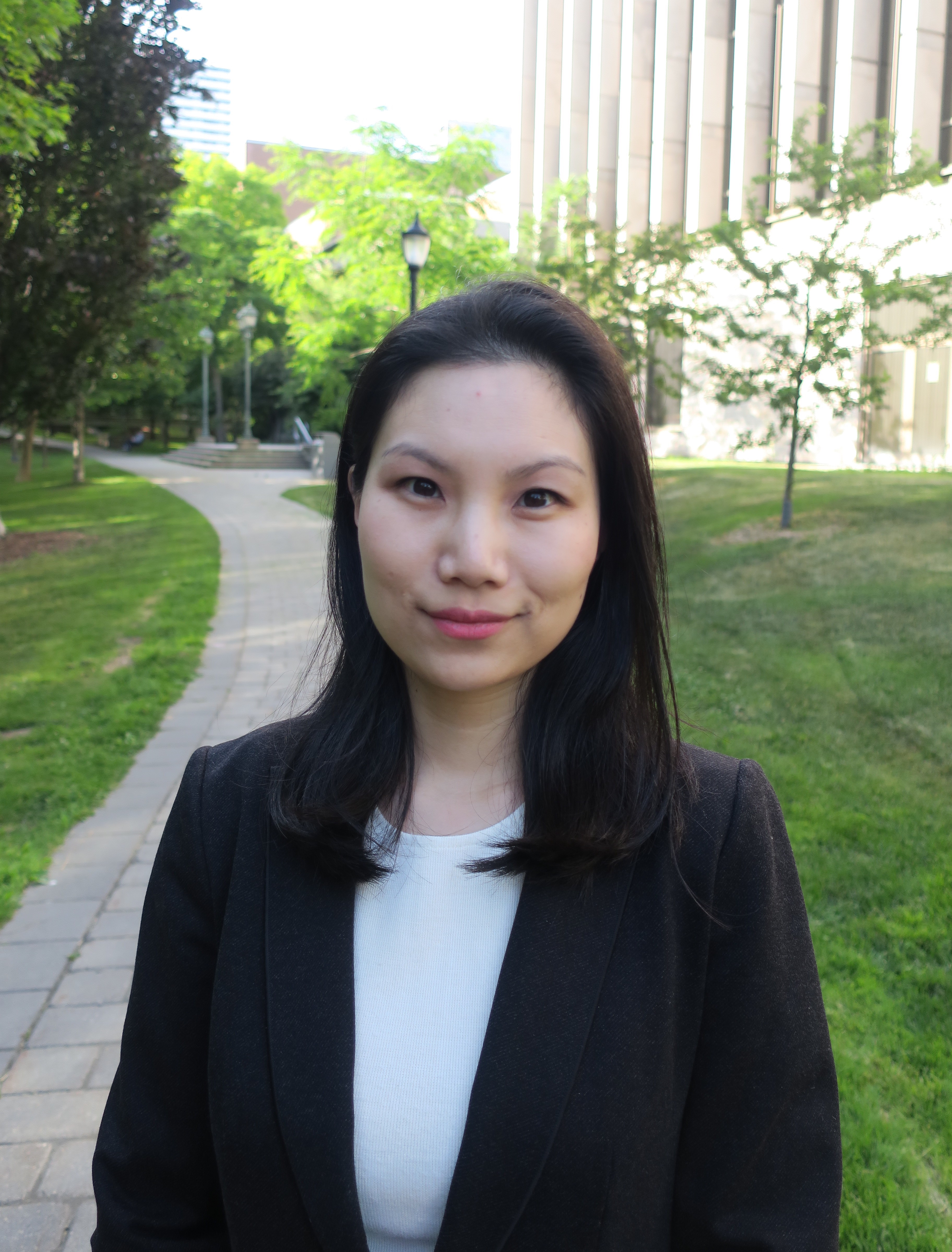Trained as a historian of modern Korea, Na Sil’s research intersects with studies of the cultural Cold War, childhood, and gender and sexuality. She is completing a book manuscript that examines how childhood functioned as a crucial site of transnational formations of a liberal order in 1950s–1960s South Korea. She received her Ph.D. in East Asian Studies from the University of Toronto in 2020. Her research on gender and racial politics of infant feeding in postwar South Korea is forthcoming in Gender & History. Her next book project will locate the history of family planning in Korea within the transnational circulations of medical knowledge, contraceptives, and population control advocates.
Na Sil Heo
Andrew W. Mellon Postdoctoral Fellow in the Humanities
2020—2021 Forum on Choice
Na Sil Heo
East Asian Studies
University of Toronto, 2020
Rearing Autonomous Children in Cold War Korea: Transnational Formations of a Liberal Order, 1950s-60s
Is it possible for us to think of the children in 1950s and 1960s South Korea to have “chosen” to participate in anti-communist ideologies and practices? Who was deemed capable and obligated to make choices on children’s behalf to ensure that they grow up as anti-communist subjects befitting a liberal-capitalist society? This history of childhood examines the complexities of what it meant to live and make choices in everyday life after the end of colonialism and the Korean War in the Cold War milieu. Transnational anti-communism in South Korea depended on the assumption that liberal democracy guaranteed people the freedom of choice – that parents should choose to give children their own independent rooms, that children could ‘freely’ create their own unique literary compositions, that mothers should select the right infant formula for their babies, and that students ‘naturally’ desired academic competition for life success. In contrast, North Korea was allegedly construed as a site where the state’s totalizing power forbid its own people any freedom of choice. Traversing studies of childhood, the cultural Cold War, and modern Korea, the project elucidates the multifaceted nature of one’s participation in transnational anti-communism, which did not always entail consciously acknowledged choice-making practices, but nonetheless implicated one in the Cold War order. This work expands existing conceptualizations of anti-communism by including stories about ordinary historical actors, who did not simply remain silent recipients of state-produced anti-communist propaganda but constantly interacted with and shifted the boundaries of normative choice-making.



